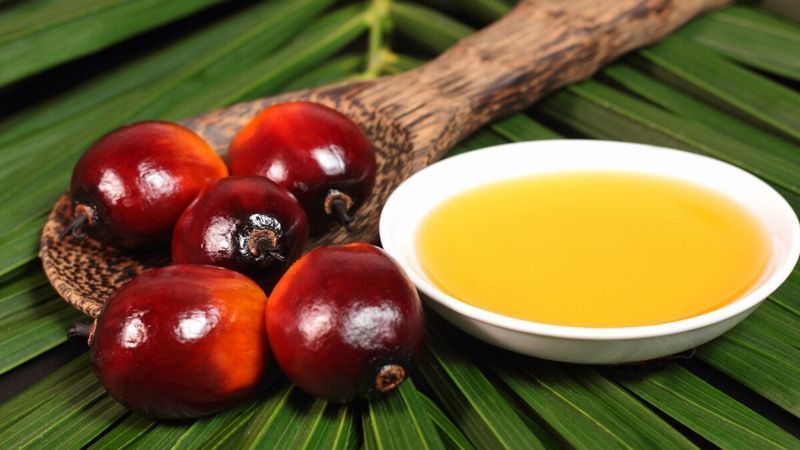Malaysia: Government pushes MSPO for global palm oil market

The Plantation and Commodities Ministry is actively promoting the Malaysian Sustainable Palm Oil (MSPO) certification scheme in international markets, noting its commitment to sustainable palm oil production.
Deputy Minister Datuk Chan Foong Hin (picture) stressed the importance of MSPO in addressing the distinct characteristics of major markets such as India, China, and the European Union (EU).
“Each of these markets has distinct characteristics,” he said at the launch of the Malaysian International Food and Beverage Trade Fair (MIFB) today.
Chan explained that while India tends to buy more crude palm oil and China prefers processed palm oil, the EU market is particularly concerned with product sustainability.
The MSPO certification scheme, which is mandatory in Malaysia, sets it apart from other certification programmes.
“The government, through agencies, subsidises the smallholders to certify their palm oil production through MSPO,” he said.
This approach aims to make certification more accessible to smallholders who might struggle to comply with other international standards.
Chan added that the government is promoting MSPO internationally.
“We urge international industry players to recognise that Malaysia is dedicated and committed to the sustainability of our palm oil industry,” he said.
Recent discussions had been conducted with China’s Ministry of Ecology and Environment, where he discussed recognising MSPO as a criterion for green financing by financial institutions.
The palm oil industry plays a crucial role in Malaysia’s economy and global food security.
“Palm oil, renowned for its versatility, is one of the most widely consumed vegetable oils globally,” he said.
The industry supports approximately one million people along the supply chain, including 450,000 smallholders, and generated RM102 billion in export revenue in 2023.
“Currently, the MSPO certification covers 95% of our palm oil industry chain, ensuring Malaysia leads by example in responsible agricultural practices,” he said.
The government is also taking steps to protect the palm oil industry from discrimination.
“I urge all food and beverage industry players to avoid labelling products with ‘No Palm Oil (NPO)’ or ‘Palm Oil Free’ to prevent negative consumer perceptions,” he said, warning that such labels undermine Malaysia’s efforts in sustainable palm oil production.
Read also
Wheat in Southern Brazil Impacted by Dry Weather and Frosts
Oilseed Industry. Leaders and Strategies in the Times of a Great Change
Black Sea & Danube Region: Oilseed and Vegoil Markets Within Ongoing Transfor...
Serbia. The drought will cause extremely high losses for farmers this year
2023/24 Safrinha Corn in Brazil 91% Harvested
Write to us
Our manager will contact you soon



